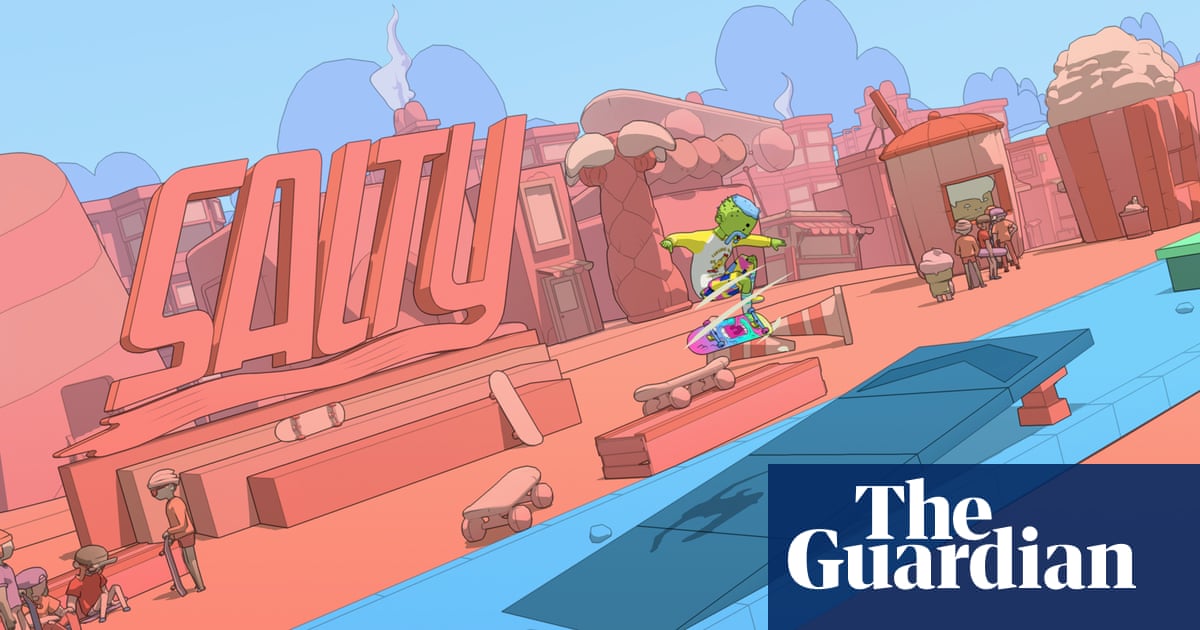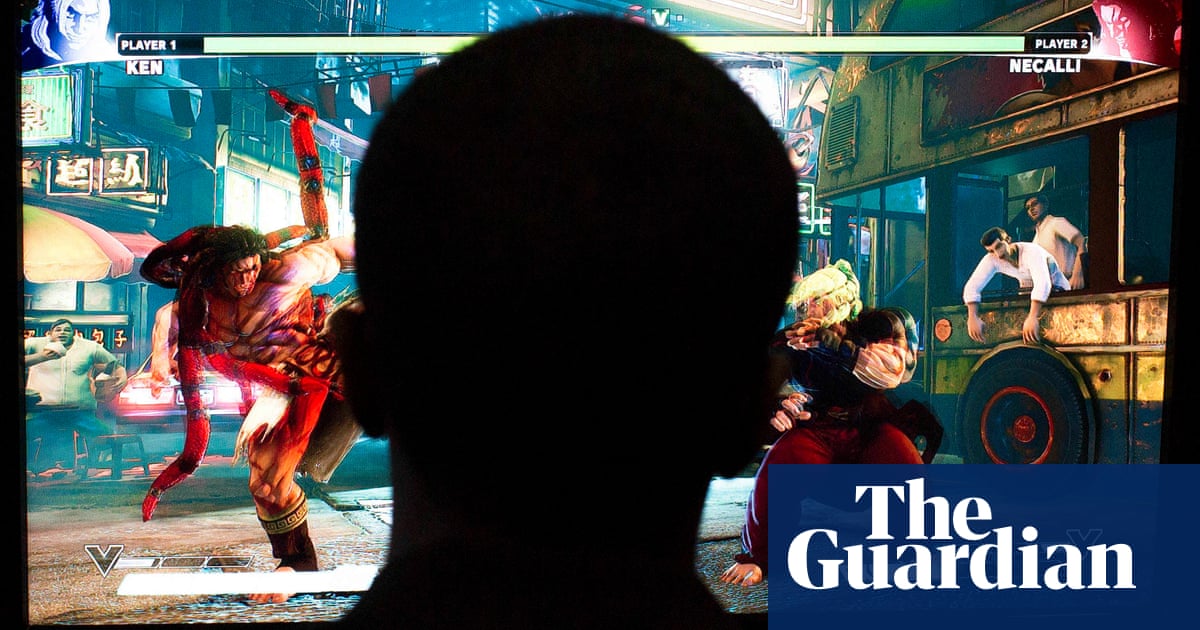
Right before last week’s newsletter went out, a short-selling firm called Hindenburg Research published an extremely critical report on Roblox. In it they accused the publicly traded company of inflating its metrics (and thereby its valuation) and, more worryingly for the parents of the millions of children who use Roblox, also called it a “pedophile hellscape”. The report alleges some hair-raising discoveries within the game. The researchers found chatrooms of people purporting to trade images and videos of children, and users claiming to be children and teens offering such material in exchange for Robux, the in-game currency. Roblox strongly rejects the claims that Hindenburg made in its report.
Roblox, for those unfamiliar with the title, is not so much a game as a platform (or, as its corporate communications people would like you to think of it, a metaverse). It claims to have 80 million daily users (a number Hindenburg says is inflated). You log in, customise your avatar, and from there you can jump into thousands of different “experiences” created by other users – from role-play cities to pizza-delivery mini games to cops-and-robbers games to, unfortunately, much less savoury things like Public Bathroom Simulator (which the creator said they made when they were 12 “before I was aware bad people even existed”). Because games on Roblox are created by players, the site must be constantly moderated. The company’s moderation team deals with a tsunami of content ever day.
It is important to recognise that Hindenburg has a vested interest in Roblox’s stock tanking: it has taken a short position on the company (meaning it stands to profit if stock value decreases). Several other companies have seen their stock crater after it released reports on them. But it is also possible to independently verify some of the claims made in the report. A very simple search of the platform reveals that these in-game chat groups apparently soliciting and trading images do exist, and are active; and that the accounts with troubling usernames referencing child abuse and Jeffrey Epstein are real. Some of the specific games and accounts referenced in Hindenburg’s report last week have been removed by the company.
In its defence, Roblox said in a statement posted online: “Every day, tens of millions of users of all ages have safe and positive experiences on Roblox and abide by the company’s community standards. However, any safety incident is horrible. We take any content or behaviour on the platform that doesn’t abide by our standards extremely seriously.” The company added: “We continuously evolve and enhance our safety approach to catch and prevent malicious or harmful activity. This includes text chat filters to block inappropriate words and phrases, and not allowing user-to-user image sharing on Roblox”. (I report in more detail in this piece for the Guardian.)
This is, of course, not the first incendiary report about Roblox. In the past few years, stories from CNN, the Observer, Wired and many other publications have found reams of inappropriate content on the platform, and there are also several proven cases of child predators using Roblox to groom victims. Last July, Bloomberg detailed one such case, in which a man was sentenced to 15 years in prison after grooming a minor and having her transported across state lines for sex, as part of a much wider investigation about the platform’s evident failings when it comes to moderation and child safety.
A lot of parents will be wondering what to do. Even if the almost 80 million daily users figure is inflated, as Hindenberg claims, Roblox is a part of the daily online lives of millions of children. Anyone with school-age kids knows it is very widely used. Is Roblox a danger to kids? Should you immediately stop them from playing?
Despite everything presented in this Hindenburg report and others over the past few years, I believe that it is entirely possible for kids to play Roblox safely. It has decent parental controls that limit or eliminate the extent to which strangers can contact your child – when used correctly. If I had a child playing Roblox I would be checking and double-checking all those settings, making sure that the “friends list” function is set to include only real-life friends. I would also be extremely reluctant to let younger children play this game unsupervised, to minimise the chance of kids coming across – or indeed looking for – the many inappropriate games that regularly seem to escape Roblox’s moderation efforts.
Basic online safety education is extremely important for any child using the internet. Given the multiple convictions of child predators who have used Roblox to approach children, the presence of paedophiles on this platform is impossible to deny, but the extent of it is hard to objectively assess. Some of what Hindenburg highlights in its report seems more likely, to me, to be the product of adolescent edgelords than actual child predators. Roblox has a huge population of teens who have grown up with the game; when I see 900 variations on the username Jeffrey Epstein, I do not necessarily see 900 active child abusers, but instead 900 idiot 14-year-olds trying to be funny.
Full disclosure: I have not let my children play Roblox, and I do not intend to start. I don’t believe that any publicly traded company can be trusted to put the interests and safety of children ahead of profit. Moderation is expensive and difficult, and nobody in big tech has come close to creating a system that prevents harmful material from appearing on these kinds of open platforms, or that prevents people from abusing them to their own ends. Quite apart from justifiable safety concerns, there are simply hundreds of better games that better serve kids’ imaginations and curious minds, rather than attempting to extract money from them to pay for endless in-game cosmetics and “experiences”.
Only offline games entirely remove this risk of children coming in to contact with inappropriate content. One thing is abundantly clear from even a cursory few hours exploring Roblox: it’s not hard to find stuff that’s exceedingly troubling.
What to play
Neva, a game about a warrior and her wolf, took me by surprise. I have played so many beautiful-looking artistic indie platformers that it’s hard for one to make me really feel something. But there I was, ugly-crying in front of my TV after a couple of evenings with Neva. It takes place over four seasons: at first your wolf is a cub that you must protect, and later it grows into a magnificent antler-crowned creature that can protect you. Using an elegant combination of jumps, double jumps, dashes and strikes, you explore an unbelievably beautiful but frighteningly corrupted natural world, and try over and over to vanquish the demons that are poisoning it. Worth a few hours of anyone’s life.
Available on: PC, PS5, Nintendo Swich, Xbox
Approximate playtime: 3-4 hours
What to read
On Friday, a group of people who worked on the acclaimed psychological/political RPG Disco Elysium announced they are forming a new studio to work on a spiritual successor to the game. Then, confusingly, a different new studio announced the same thing, this time with a trailer. And then, on the same day, a third group announced another spiritual successor. As one viral tweet put it: “Disco Elysium splitting into three separate workers coops all claiming to be the successor is as much of commentary on communism as the game could ever hope to be.”
A premium book-magazine hybrid about video games, ON, launches today. Guardian games correspondent Keith Stuart and I have features in the first issue – naturally, his is about a Sega arcade board and mine is about Nintendo deep cuts.
Game Freak, the developers of Pokémon, have suffered a hack of near-unprecedented proportions: details about unreleased Pokémon games and movie projects, employees’ information, source code, and details about the series’ development over the course of decades are now out there.
And to cap off a really weird week of video game news, Nintendo announced an alarm clock that watches you while you sleep. It’s called Alarmo, and it will wake you with the not-so-gentle sounds of Mario, Splatoon or Zelda, synced to your groggy morning movements. It’s available now for those willing to jump through a few hoops (and pay £90).
What to click
Silent Hill 2 review – psychological horror remake leaves you lost in the fog |★★★☆☆
Demis Hassabis: from video game designer to Nobel prize winner
UFO 50 review – a galaxy of 80s games brought brilliantly back to the future
Goodbye cartoon breasts, hello sweat stains: the feminist reinvention of Tomb Raider
Question Block
This week’s question is from reader Matthew:
A couple of games I’ve played recently have really stayed with me, because they prioritise intuition and deduction over skill: Return of the Obra Dinn, and The Curse of the Golden Idol series. But they don’t stand up to being replayed once you’ve solved them. Are there other games that, while brilliant, don’t work on a second play? And if you have recommendations for games that tickle the grey cells, that would be great!
A lot of puzzle games are like this, aren’t they? That wonderful sense of “a-ha!” when you nail a solution just doesn’t happen the second time around. I don’t remember the solution to every puzzle in, for instance, The Witness, but also I wouldn’t want to go through the agony of trying to figure them out again. The only exception to this second-playthrough rule in the puzzle pantheon is, for me, old LucasArts point-and-click adventures. I play them again for the jokes, not the puzzles.
As for recommendations: you’re probably aware of this already, but the next Golden Idol game, Rise of the Golden Idol, comes out next month, and there’s a demo available now as part of Steam Next Fest. Lorelei and the Laser Eyes, from earlier this year, is also superb. Baba is You is an old favourite that gets a bit of platforming logic in with the puzzling. I still think about The Talos Principle sometimes, which infuses its puzzles with a lot of pontification about the nature of consciousness. Cocoon, from last year, is also a mind-bender, eerie and challenging.











